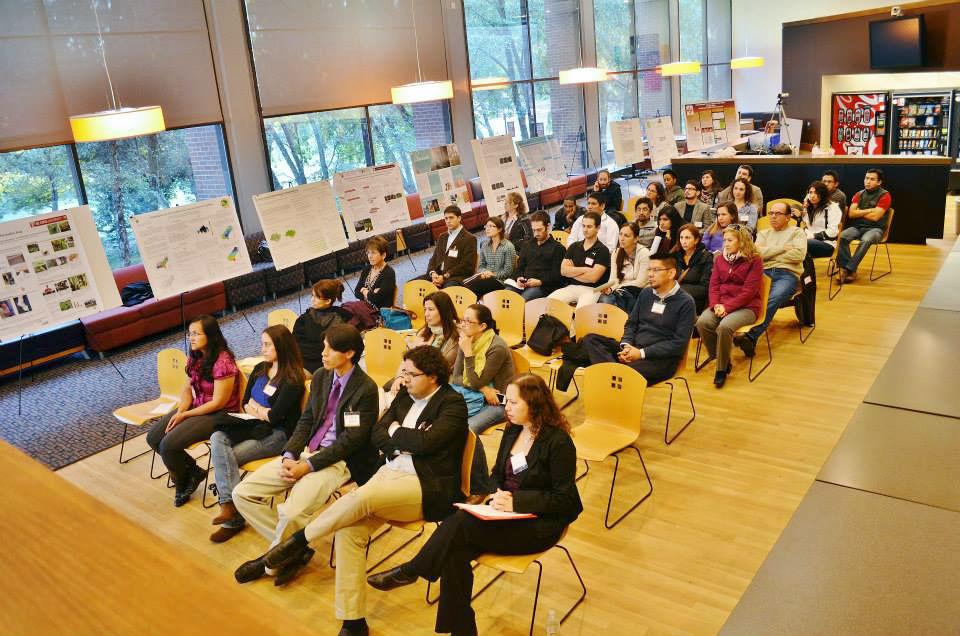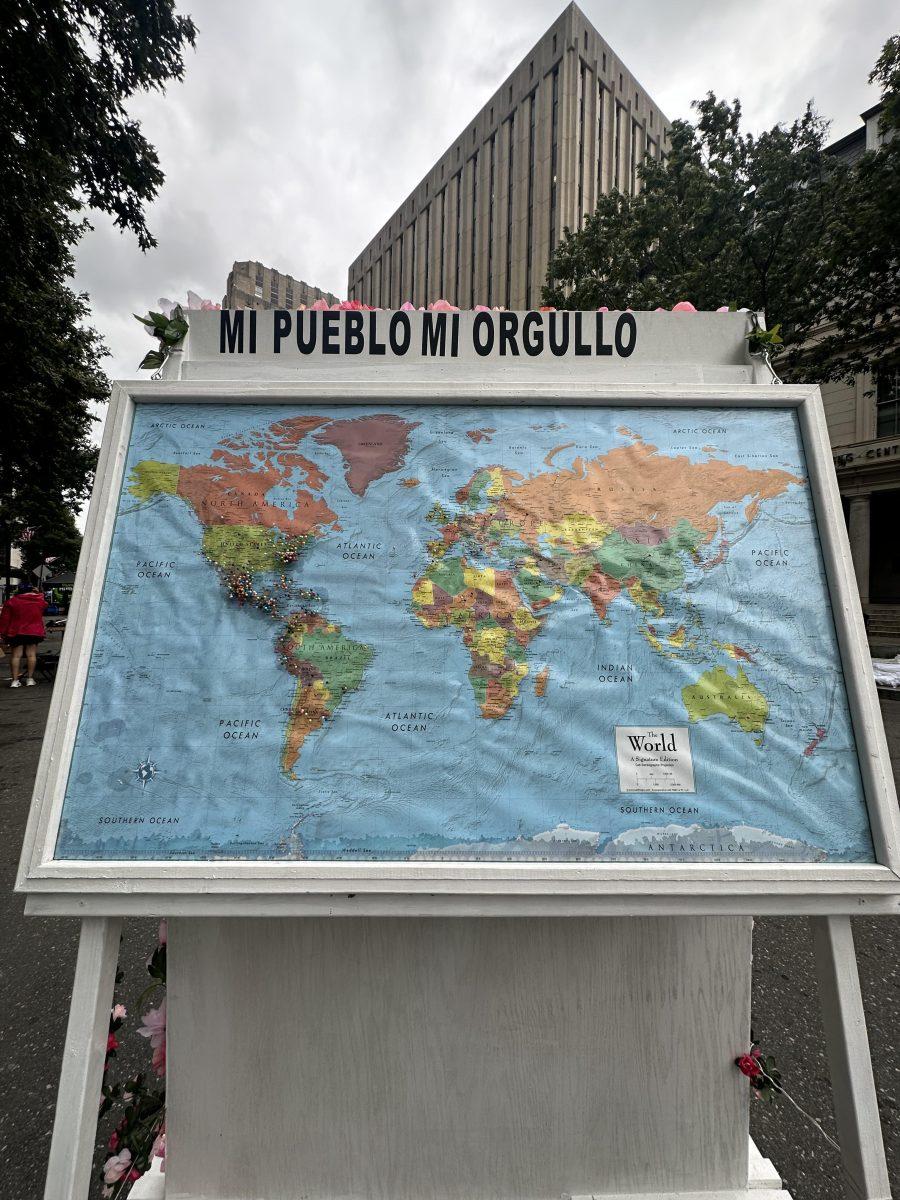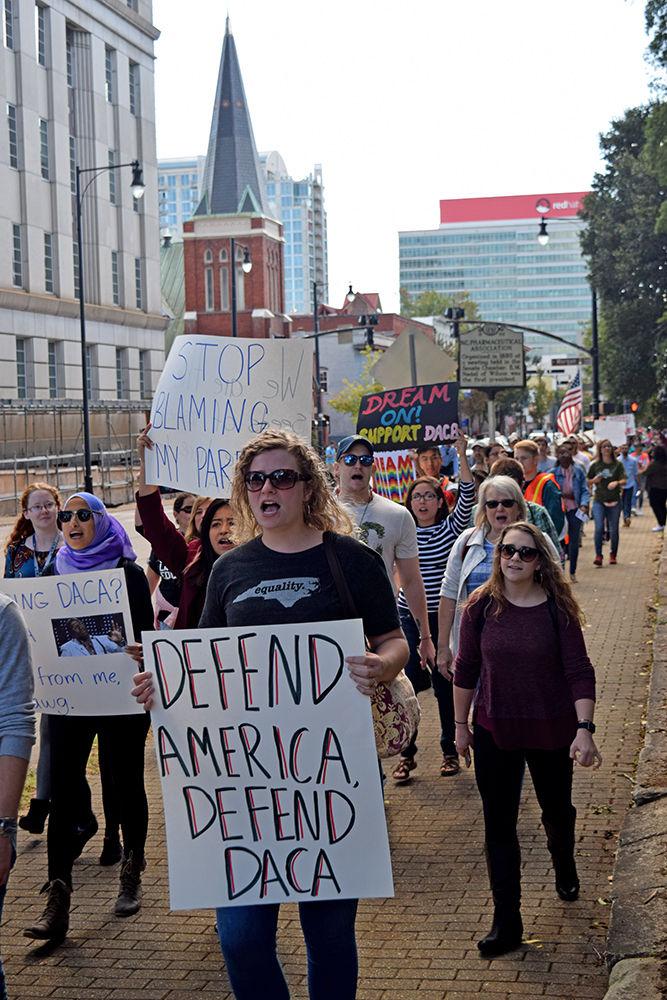With only three minutes on the clock, graduate students will present their research projects to a panel of faculty judges. On Feb. 19 at 5 p.m. in Caldwell Lounge, the students will compete in the third annual Latin American Research Symposium.
Competitors including Latino students, Fulbright scholars and students conducting research with topics involving Latin America are striving for top scores through speech delivery, theses and posters.
The event is jointly sponsored by the Latin American Student Association and Fulbright Scholars to give students of Latino descent or who have an interest in Latino culture the opportunity to share their research in a conducive and open environment.
“Every year we are trying to make this a larger and larger event,” said Carlos Zuluaga, a graduate student studying civil engineering and president of the Latin American Student Association. “It is wonderful to have such a diversity of people doing incredible things at NC State. Latino students are very capable of great research, and we want to give them an open environment to sharpen their skills.”
Roel Becerra, a competitor and a member of the Latin American Student Association, is originally from Mexico and recently came to NC State as a graduate student studying animal science.
“This is a good opportunity because I can improve my English as a second language,” Becerra said. “I need to feel more comfortable with public speaking because after graduation I will have to present to the outside world to people that I am less familiar with.”
In addition, the event features a keynote speaker to provide words of advice to the students. This year’s keynote speaker is Fernando Garcia Menendez, a new professor of civil construction and environmental engineering at NC State. He has been asked to explain his experience being Latino and how to overcome challenges, according to Becerra.
“A very low percentage of Latinos get a master’s or a doctorate, but it is obtainable,” Becerra said. “We want to be an example to others to continue their education. This event allows fellow Latinos to feel comfortable and support from others and also see the benefits of achieving a higher education.”
Zuluaga also said it is good for Latinos to understand and know what their peers are doing to help each other succeed.
“For Latin American students there is an extra challenge with the language barrier,” Zuluaga said. “The Latin American Student Association tries to provide spaces for students to practice their communication. With research presentations, the communication involves being technical and thinking innovatively to express yourself professionally.”
Regardless of winning or losing, the competition has the benefits for current and future Latino students as well as the public, according to Zuluaga, including learning by example, becoming motivated through personal and others’ research and understanding the Latino culture.
“My poster is ready,” Beccera said. “I have read my material and practiced it out loud. I have presented my research to professors to receive feedback and have prepared for detailed questions. Presenting inspires me to study more.”
The Latin American Student Association will accept graduate students’ research abstracts for participation in the competition until Friday, and all are welcome to attend the Symposium.








